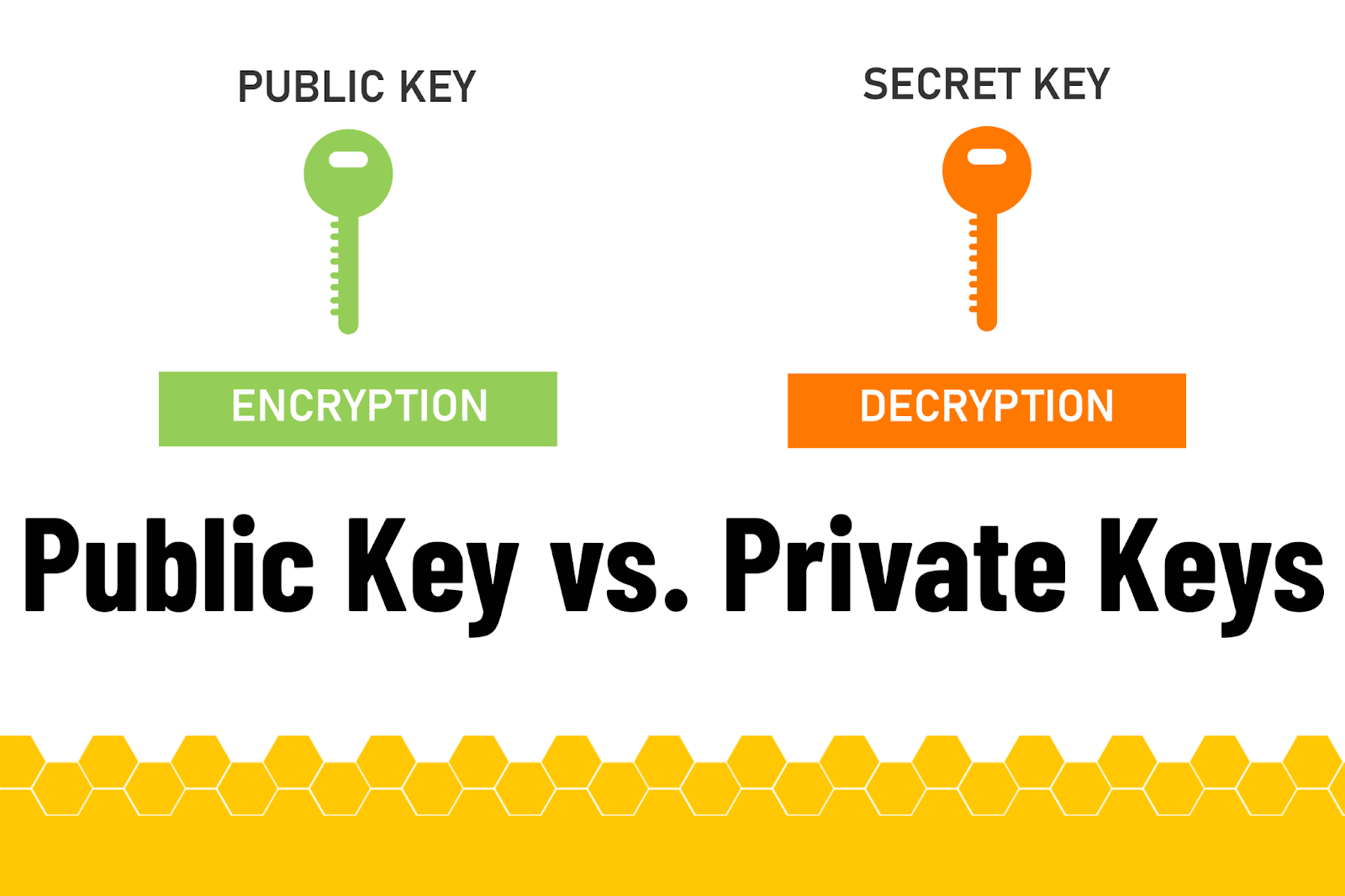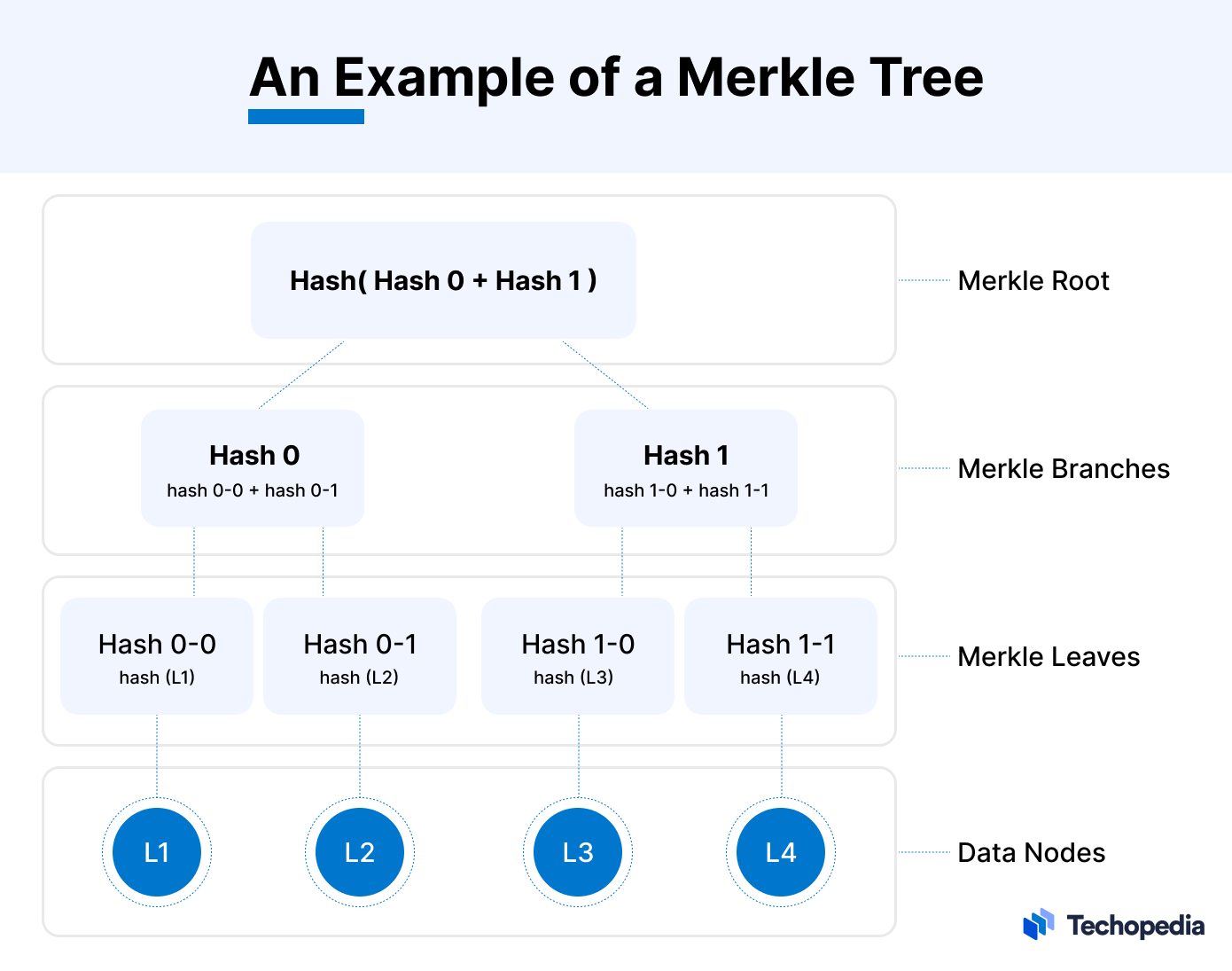



Hashing plays a vital role in the Bitcoin network, ensuring its security, transparency, and proper functioning.
Hashing ensures that the Bitcoin network remains secure, decentralized, and trustworthy.
Here's how hashing is used in Bitcoin:
Creating Bitcoin Addresses: When you create a Bitcoin wallet, it involves generating a pair of cryptographic keys: a public key and a private key.

The public key is like your bank account number, which you can share with others to receive Bitcoin.
The private key is like your password, which you must keep secret.
To create a Bitcoin address, the public key is hashed using SHA-256 and then hashed again using another function called RIPEMD-160.
This double hashing provides an extra layer of security, making it nearly impossible to reverse-engineer the address to get the public key.
Securing Transactions: Every Bitcoin transaction is hashed to ensure its validity and integrity.
When you send Bitcoin, the transaction details (like the sender's address, receiver's address, and the amount) are hashed.
This hash is included in the transaction data and helps verify that the transaction hasn’t been altered.
Mining New Blocks: Miners are like the accountants of the Bitcoin network.
They group transactions into a block and then compete to solve a complex mathematical problem.
This problem involves finding a hash that meets certain criteria, known as the target. Miners do this by adding a random number called a nonce to the block data and hashing it. If the resulting hash is below the target, the block is considered valid and added to the blockchain.
This process, called proof-of-work, is crucial for securing the network and preventing fraud. The first miner to solve the problem gets rewarded with new Bitcoin.
Merkle Trees: A Merkle tree is a structure used in Bitcoin to efficiently verify the integrity of transactions within a block.

Summary
Hashing ensures that the Bitcoin network remains secure, decentralized, and trustworthy. It allows miners to validate transactions and create new blocks, users to verify the integrity of transactions, and everyone to trust the overall system.
Hashing In Bitcoin - - - - - - -